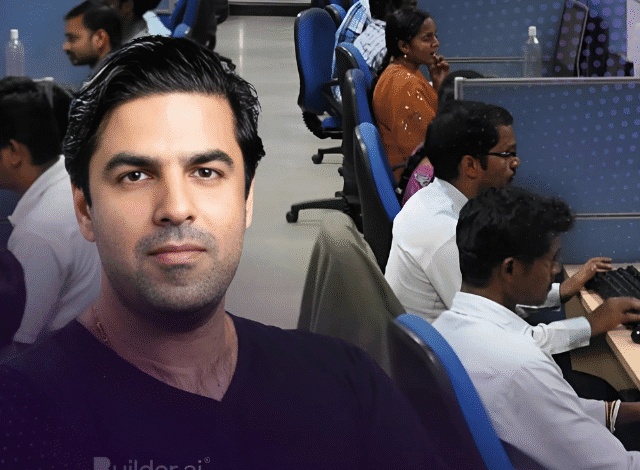Microsoft-backed Builder.ai goes bankrupt despite 700-engineer AI team

▼ Summary
– A $1.5 billion AI company, Builder.ai, filed for bankruptcy after its ‘AI’ service was revealed to rely on 700 human engineers in India.
– Builder.ai had claimed its ‘Natasha’ service autonomously built apps but was found to depend mostly on manual coding by engineers.
– Investigations uncovered questionable financial practices between Builder.ai and Indian startup VerSe, including inflated invoices to boost sales.
– Builder.ai announced insolvency, citing historic challenges and past decisions that led to financial collapse.
– The scandal has raised concerns about transparency in the AI industry amid growing investor interest in automation technologies.
A high-profile AI startup once valued at $1.5 billion has collapsed into bankruptcy after revelations that its supposedly autonomous technology relied heavily on human labor rather than artificial intelligence. Builder.ai, which received substantial backing from Microsoft, had marketed its platform as capable of independently designing and coding applications through an AI system named Natasha.
Behind the scenes, however, the company employed over 700 engineers in India to handle the bulk of development work. While Builder.ai promoted Natasha as a cutting-edge neural network, internal sources confirmed that human teams performed most coding tasks, with only minor administrative functions assisted by basic software tools.
The discrepancy remained undisclosed for nearly a decade before investigative reports exposed the truth in mid-2025. Shortly after, the company filed for insolvency, acknowledging in a public statement that past financial missteps and operational challenges had made recovery impossible.
Further scrutiny revealed questionable financial dealings between Builder.ai and VerSe, an Indian social media firm. The two companies allegedly manipulated invoices to inflate revenue figures between 2021 and 2024—a claim VerSe has strongly denied.
The downfall of Builder.ai has intensified debates about ethical transparency in AI startups, especially as venture capital continues flooding into automation technologies. Investors and industry analysts now face tougher questions about distinguishing genuine innovation from exaggerated claims in an increasingly competitive market.
(Source: Tribune)





